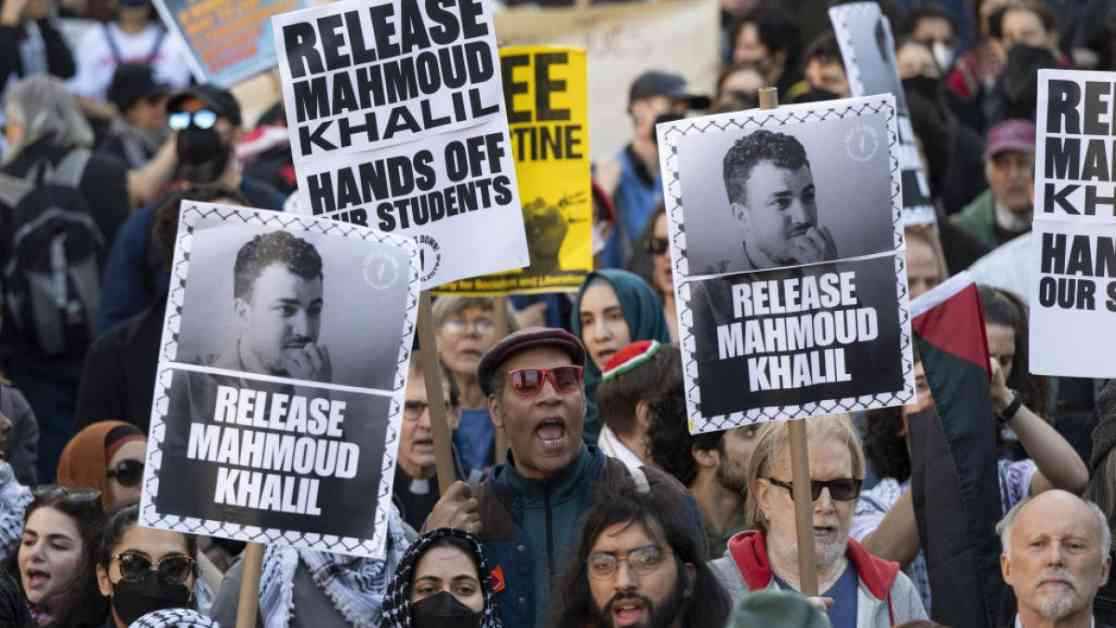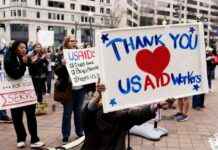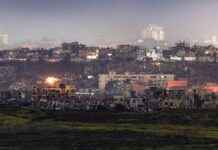A Columbia University graduate student, Mahmoud Khalil, is at the heart of a legal battle after being detained by immigration enforcement agents in New York. The Trump Administration is seeking to deport Khalil due to his involvement in pro-Palestinian protests at the university. A federal court hearing is set to take place in Manhattan to address the situation.
Khalil, a permanent U.S. resident, was arrested in New York and subsequently transferred to an immigration detention center in Louisiana. U.S. District Judge Jesse Furman has issued an order preventing his deportation while the court reviews the case. Khalil’s lawyers are advocating for his return to New York and release under supervision, citing that the government’s actions are in retaliation for his speech.
As the legal battle unfolds, a key point of contention is the venue for the case. A joint filing by Khalil’s legal team and the government indicates that the government intends to argue that the Southern District of New York may not be the appropriate jurisdiction for the matter.
The backdrop of this case is the larger pro-Palestinian protest movement that gained momentum across college campuses nationwide, with Columbia University serving as a focal point. More than 2,000 individuals were arrested in demonstrations, underscoring the widespread impact of the movement.
President Donald Trump has publicly commented on Khalil’s arrest, characterizing it as the first of many similar actions to come. He has expressed intentions to deport students engaged in activities he deems as “pro-terrorist, anti-Semitic, anti-American.” Despite these statements, Khalil has not faced any criminal charges.
The White House’s decision to pursue Khalil’s deportation under a section of the Immigration and Nationality Act granting the secretary of state authority to deport non-citizens on foreign policy grounds has drawn criticism from civil rights groups and Khalil’s legal representatives. They argue that the government is overstepping its immigration-control powers to suppress Khalil’s freedom of speech.
Adding a personal touch to the story, Khalil’s background as a grandson of Palestinians who were displaced from their homeland and his upcoming fatherhood as his wife, a U.S. citizen, expects their first child, humanizes the legal battle he is facing. These personal details shed light on the human impact of immigration policies and legal proceedings.
In the midst of legal complexities and political undertones, the case of Mahmoud Khalil embodies broader themes of free speech, immigration rights, and the intersection of personal history and government actions. The upcoming federal court hearing will serve as a critical juncture in determining the course of Khalil’s future in the United States.














